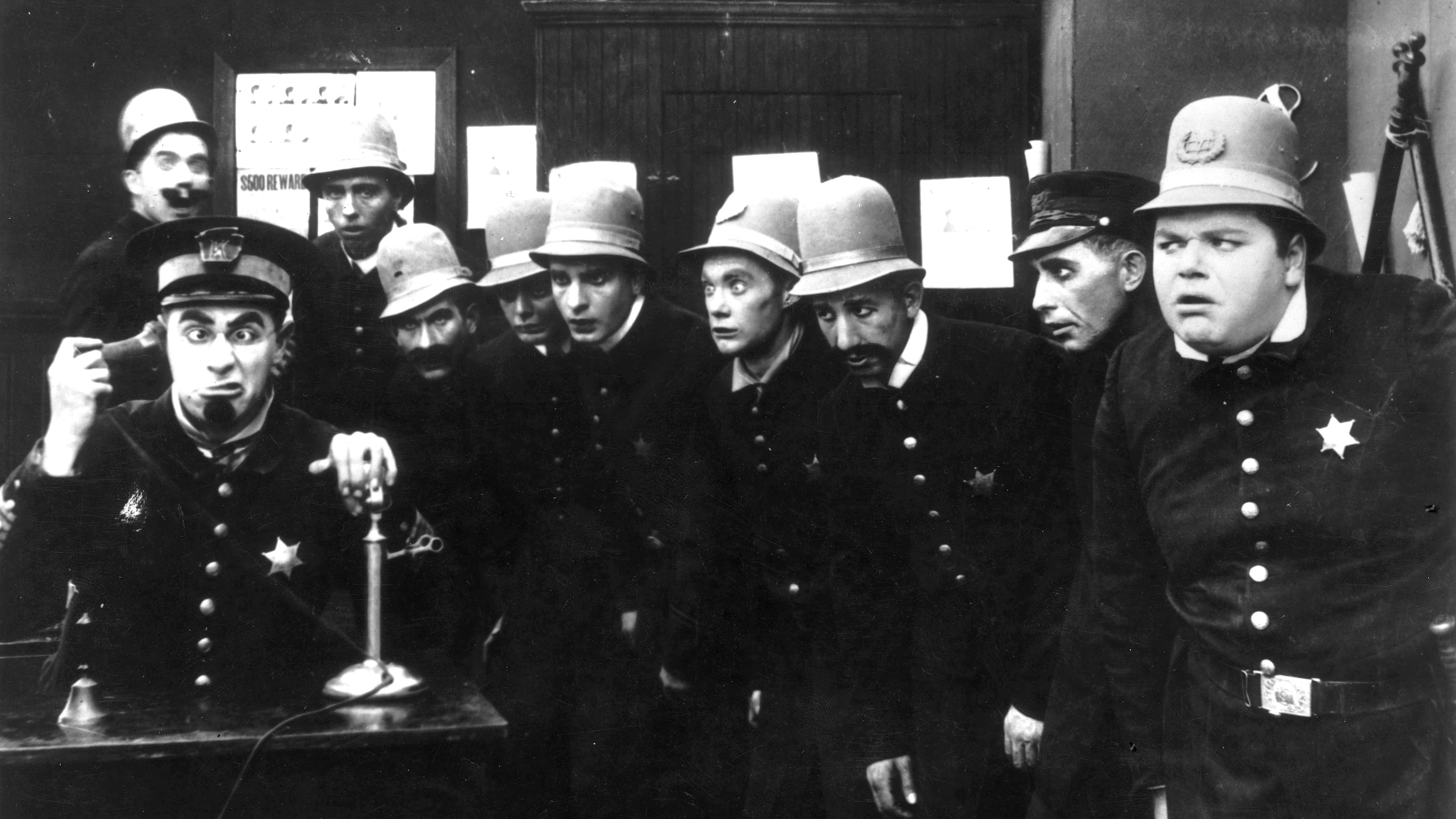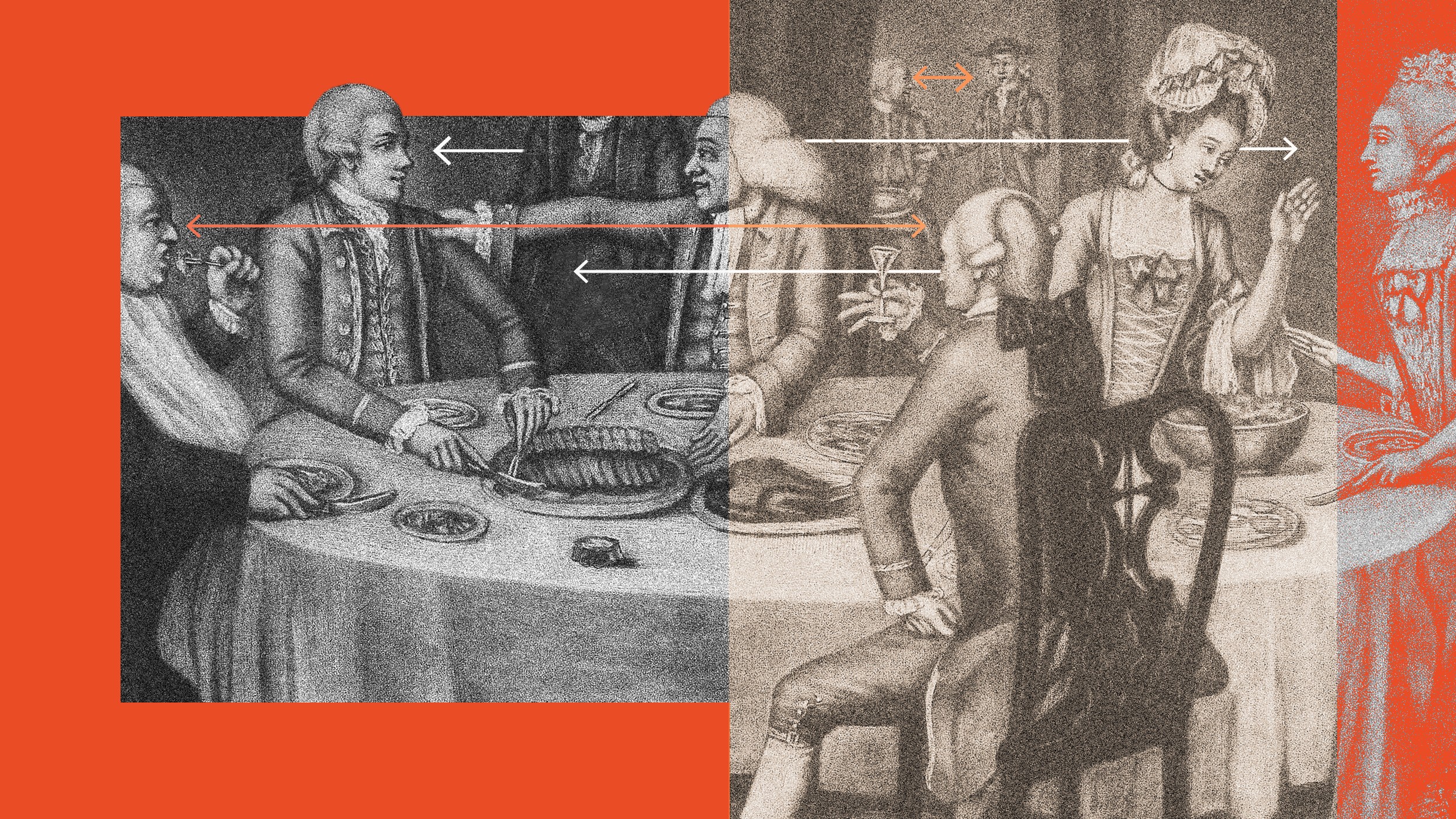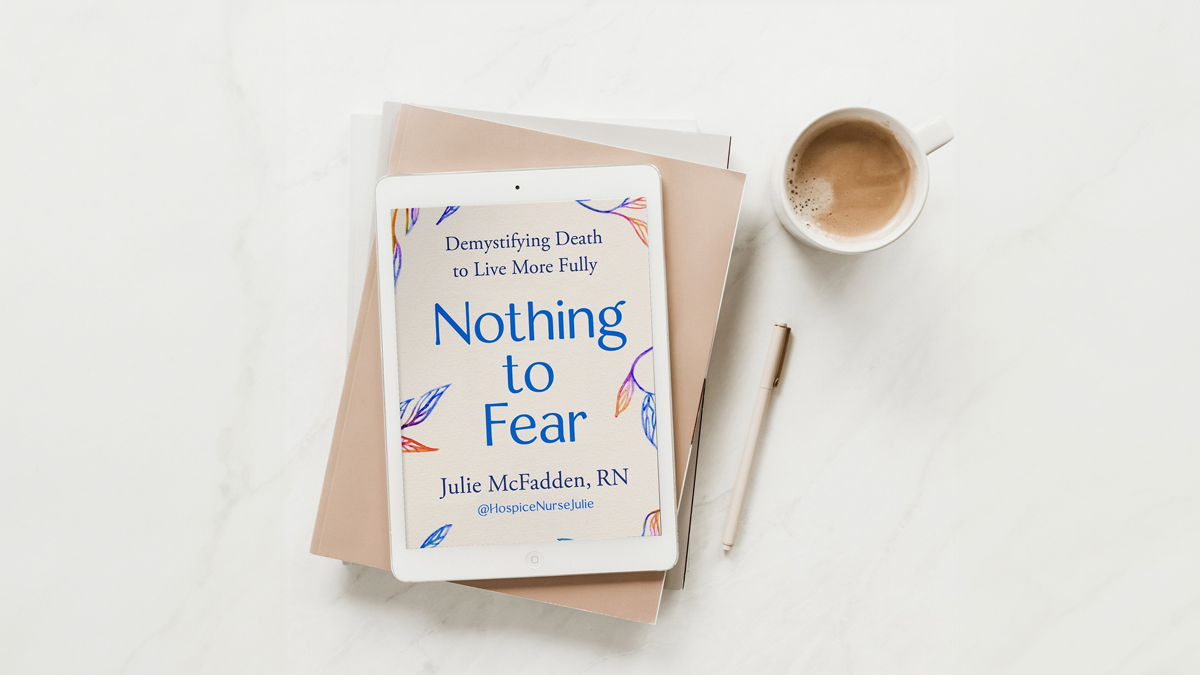Rich Lesser: The downturn story for us, I think, really sort of took off in September of 2008. We were in an Executive Committee meeting in Toronto the week that Lehman went under and the global stock market started falling quite dramatically. We realized that when the dotcom bubble had burst a decade ago we had probably been too quick in overreacting on the people side to what seemed like a very bad environment. And probably the most important decision we took was that, in this environment - bad as it seemed and grim as it looked - we were going to stick with our people.
We took four real time decisions that week that really served us well in particularly the next 18 months that followed. The first was that clients came first and that, now more than ever, we needed to be out with our clients, counseling them, investing them, supporting them. Number two, our clients desperately needed perspective on what was going and what it meant. It was an incredibly uncertain, volatile environment , so probably overnight we shifted 10 million dollars plus of research money away from other valuable things that we would eventually need to do into a space to help our clients think about how they could navigate this uncertainty. The third and most important decision was on the people side. We were determined this time around that whatever else we needed to do we were going to invest in our people, invest in our pyramid and continue to hire. And we made a call that we would touch every other element of our cost structure before we would touch the people side - so we put in a new travel policy that nobody liked but everybody kind of understood, we changed a lot of discretionary investment; we did a lot of things to recognize it was a really difficult time. We needed to be more conservative, but we needed to do it in a way that didn’t eat our seed corn and didn’t break the bond of trust that we had with our employees. And then the fourth part was around communication. We knew that our employees were feeling nervous and wondering what we were really going to do and what it was going to mean for them, and so we basically went out and told them about one to three. And we went out every month and we said, "Here's what we’re doing," and "Here's how we’re performing." And there were some tough months in there, but a number of months actually were better than people expected them to be. And so I think over time as people saw that we were really walking the talk - that we weren’t doing layoffs, we weren’t stopping hiring entirely, we weren’t stopping to invest in training; we may have changed the program design, but we were still continuing to do those things - I think they began to believe that we were serious.
Retention, even in difficult times, becomes a bellwether for employees about whether they should invest back in you, and so your priority is not to say, "We can never change our structure, every employee will be here forever" - I mean, that may have been in a different world but it’s not today’s world - but it’s to know the things that are most important to your future success, and invest, and invest starting with the people.
Directed / Produced by
Jonathan Fowler & Elizabeth Rodd
Rich Lesser is the Chairman of North and South America and a core member of the Health Care and Consumer practice areas at Boston Consulting Group, which was ranked #2[…]
▸
2 min
—
with
Related
“If we didn’t find helping other people pleasurable, we wouldn’t be altruistic.”
▸
6 min
—
with
Why would someone who has spent their entire career following orders become a great leader overnight?
If philosophers really enjoy one thing, it’s a good debate — but not an argument.
Hospice nurse Julie McFadden shares three examples where people hold off death, just for a bit.
Why dispelling the notion that it’s all about getting the correct answer is so powerful.





